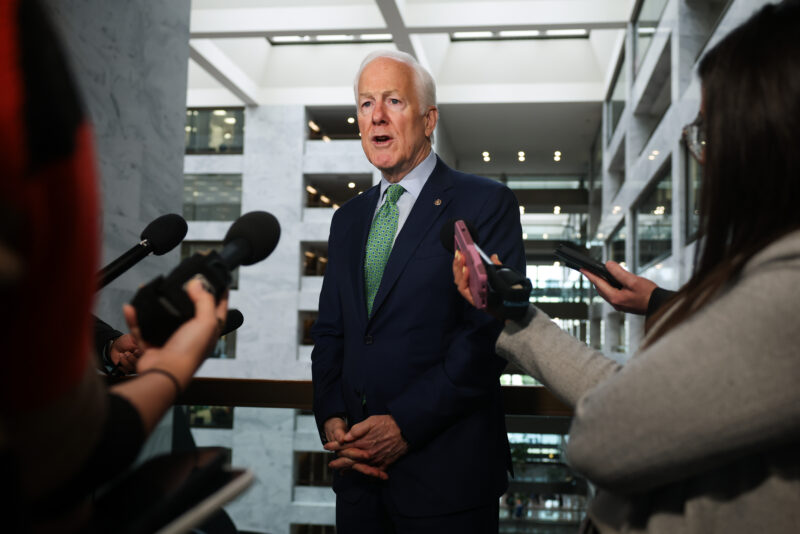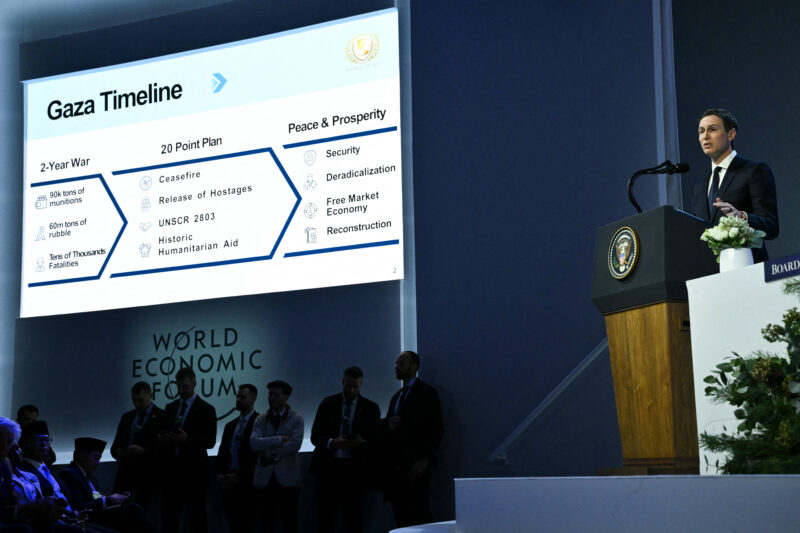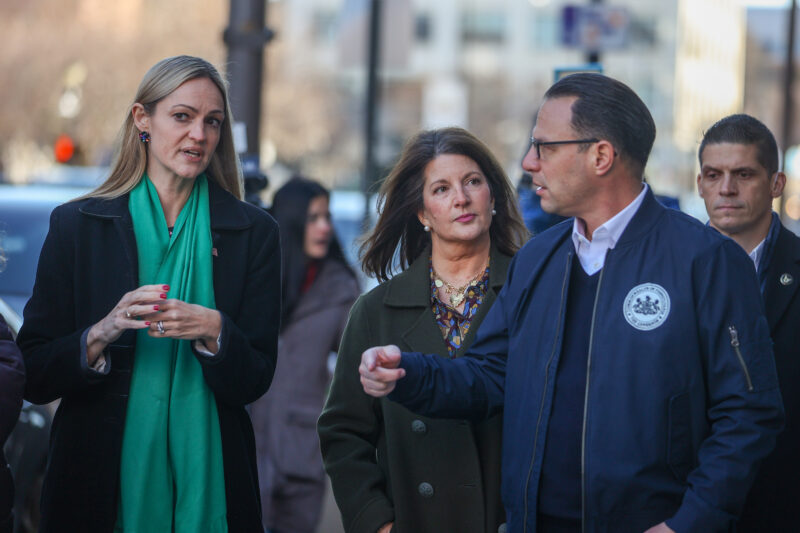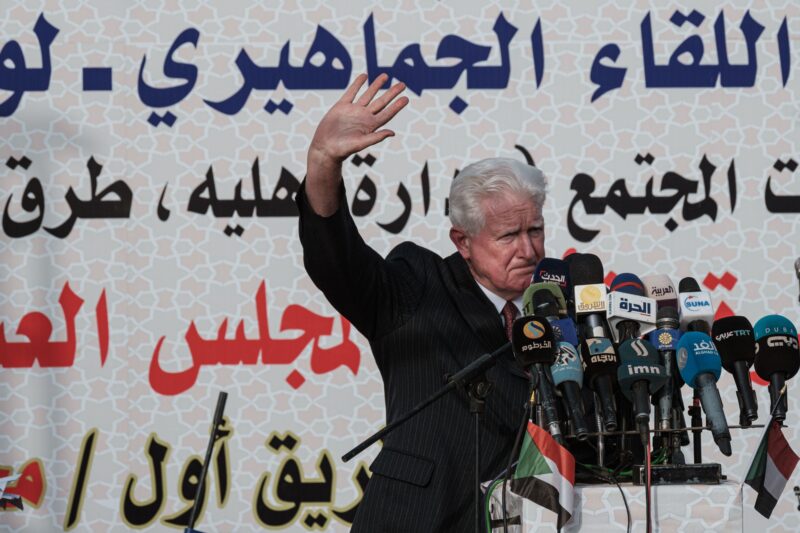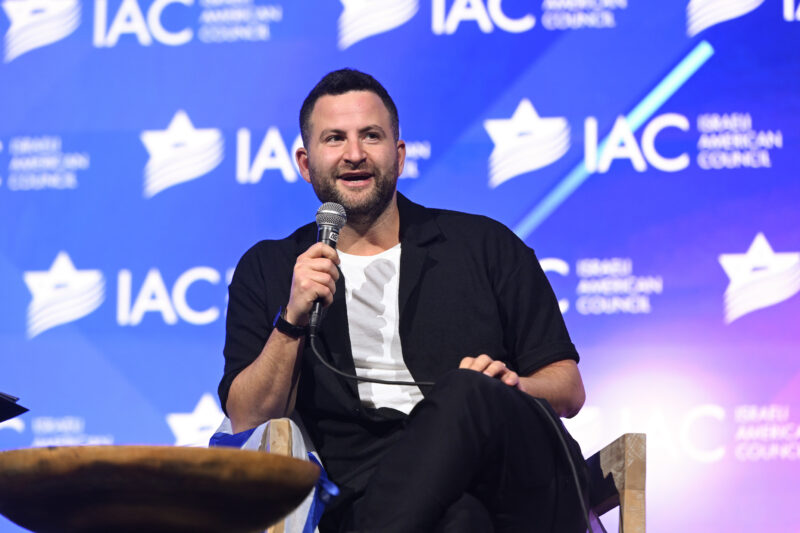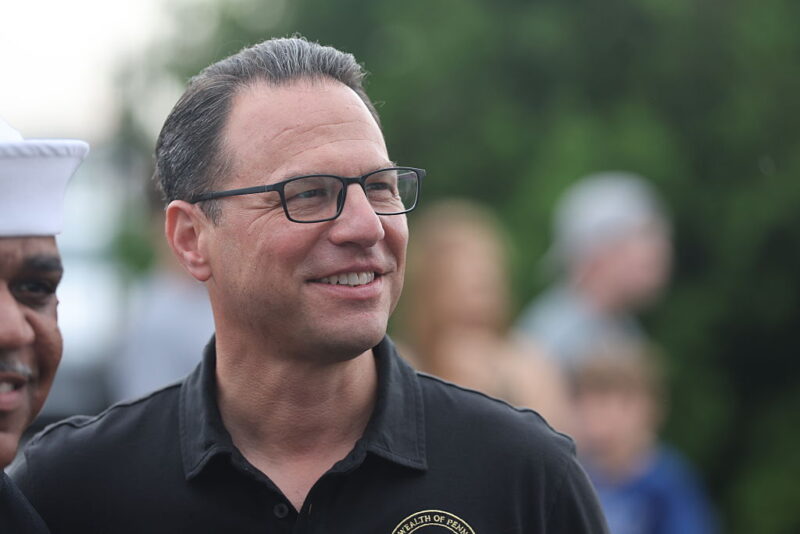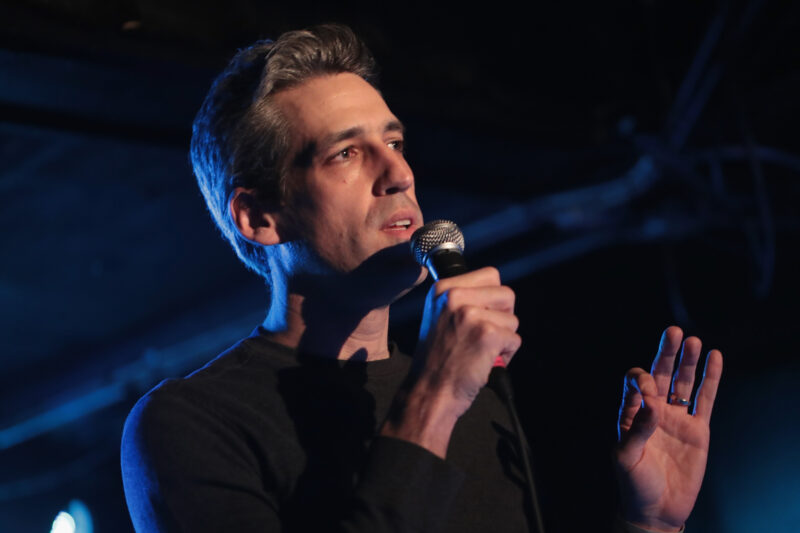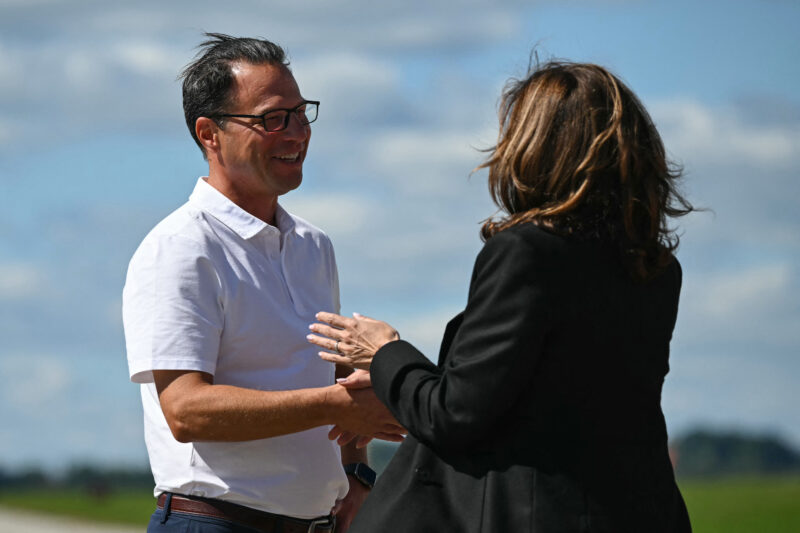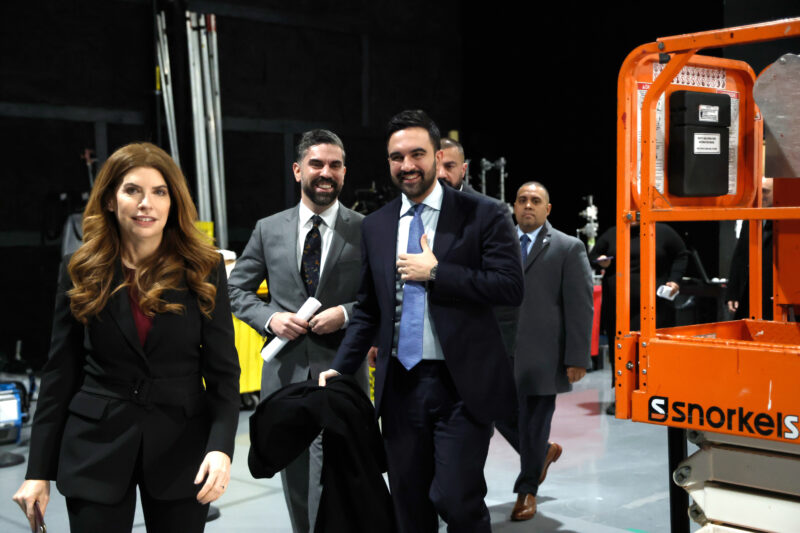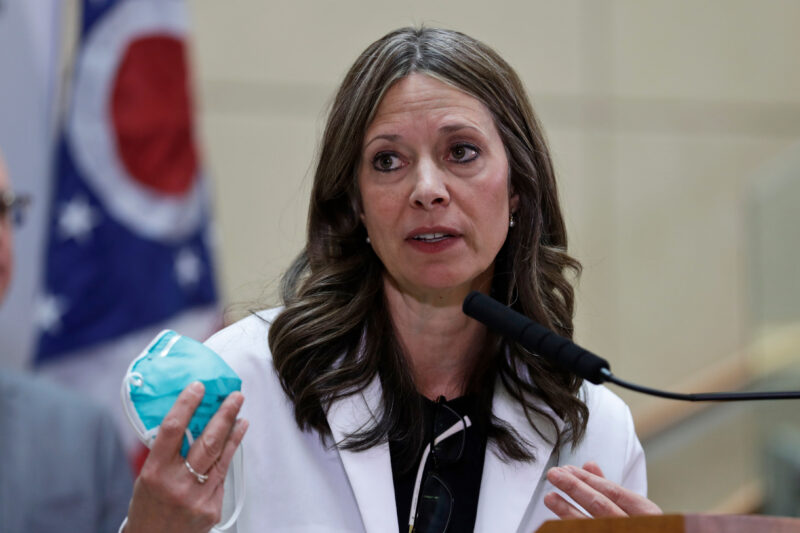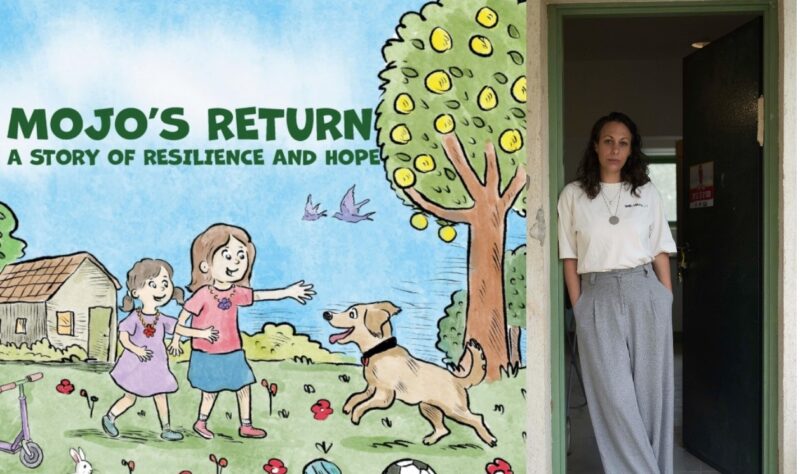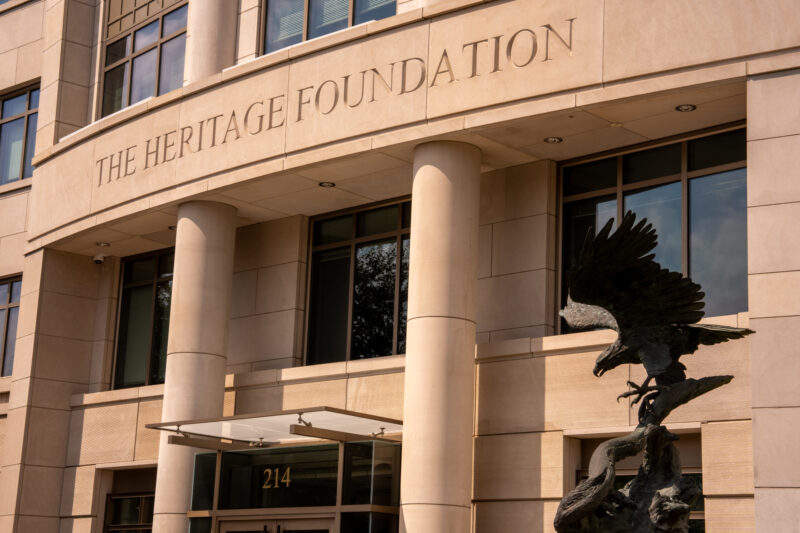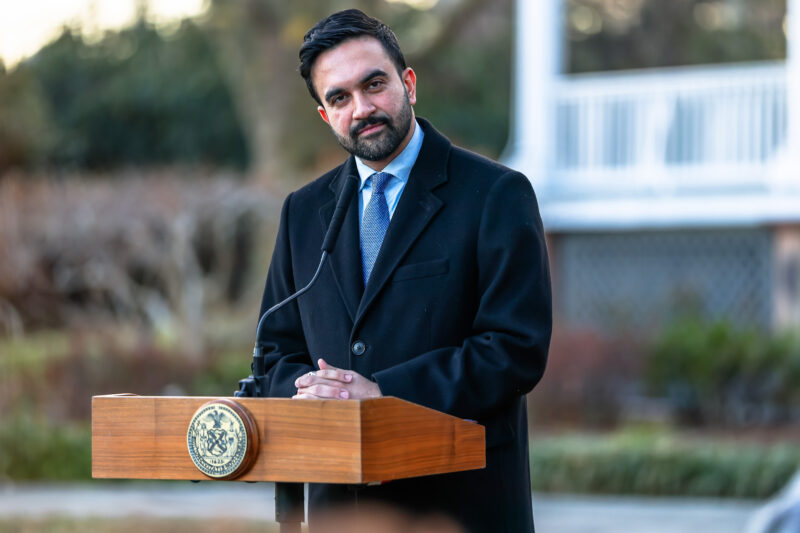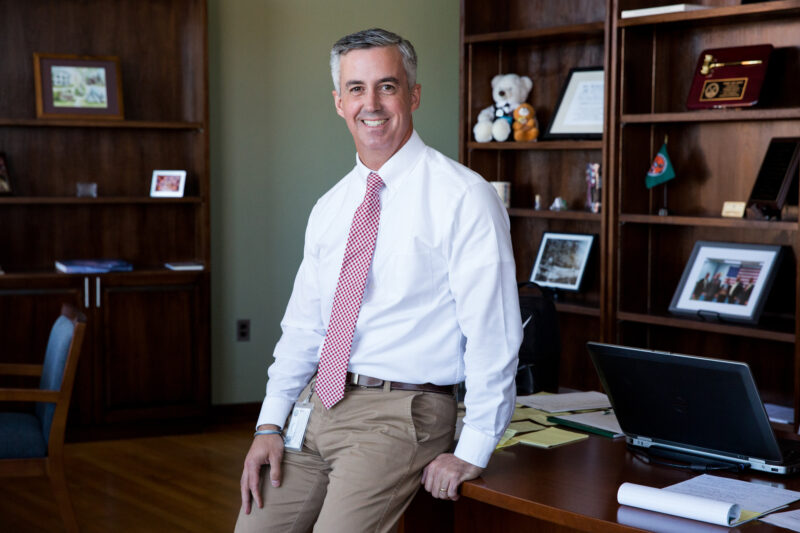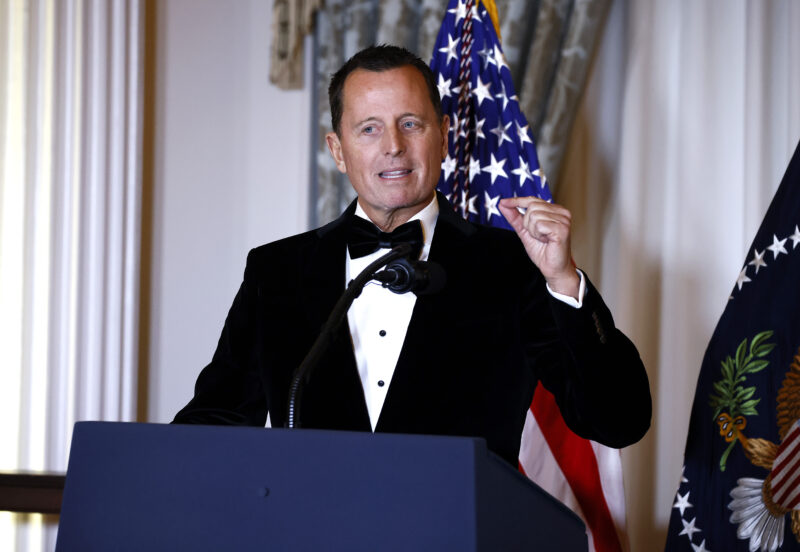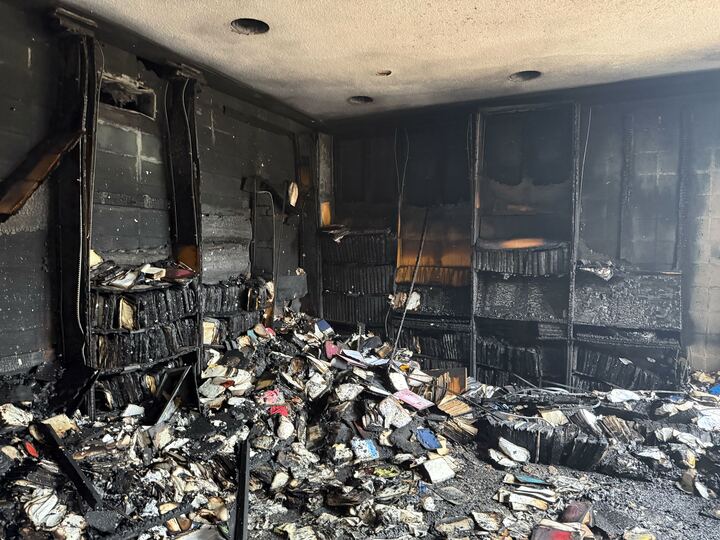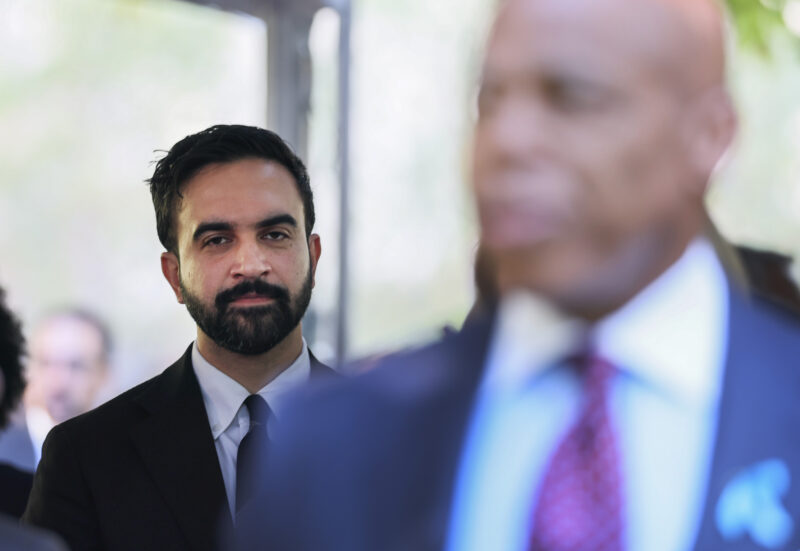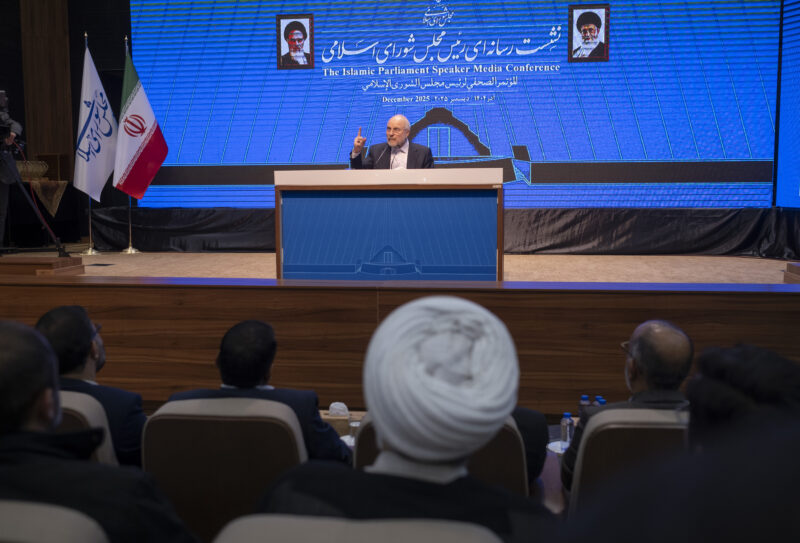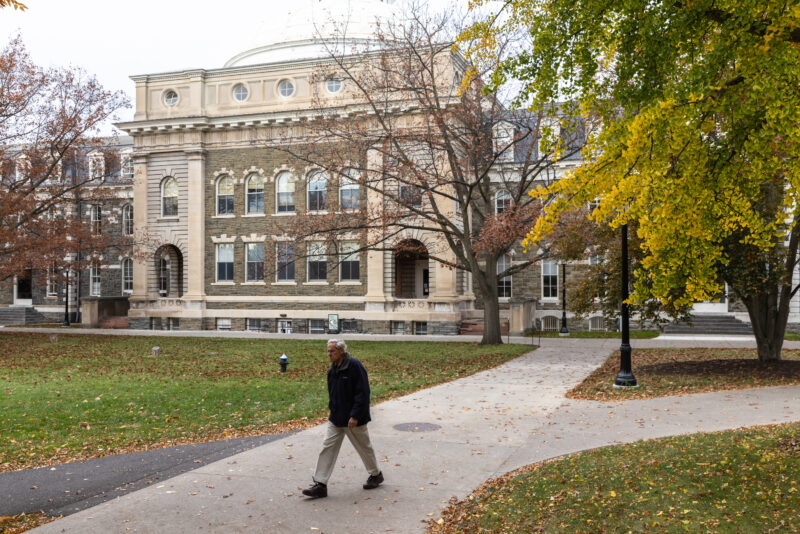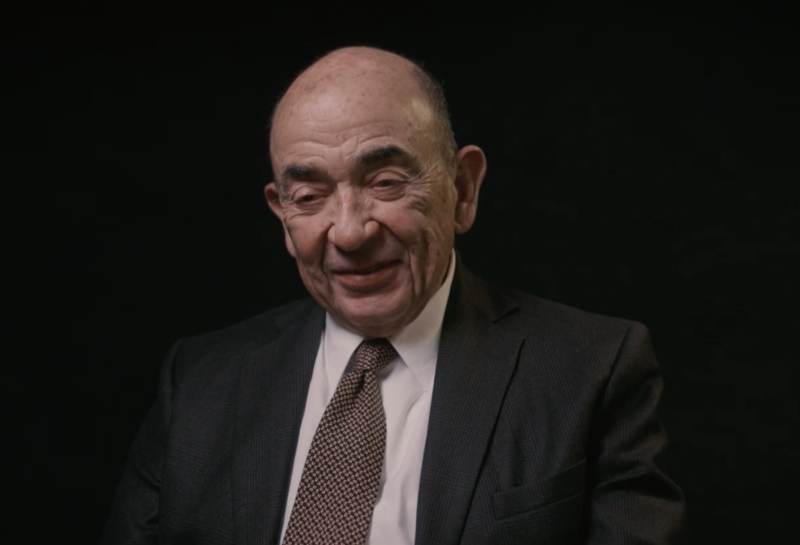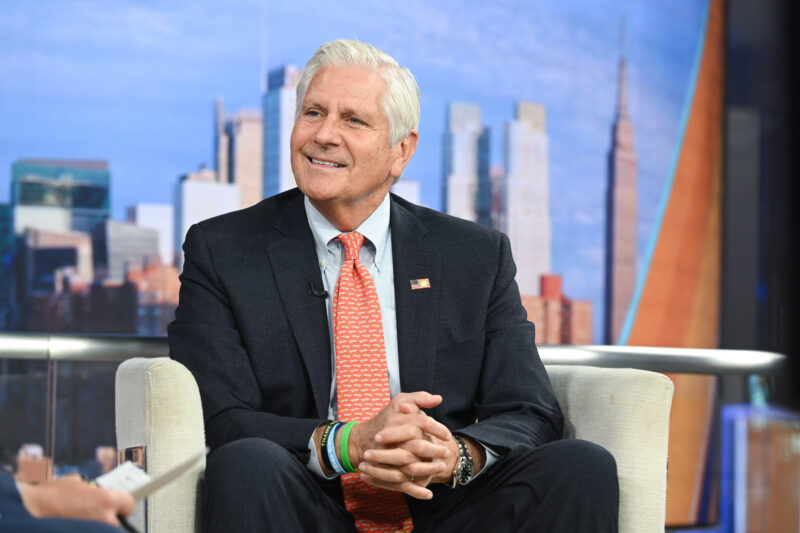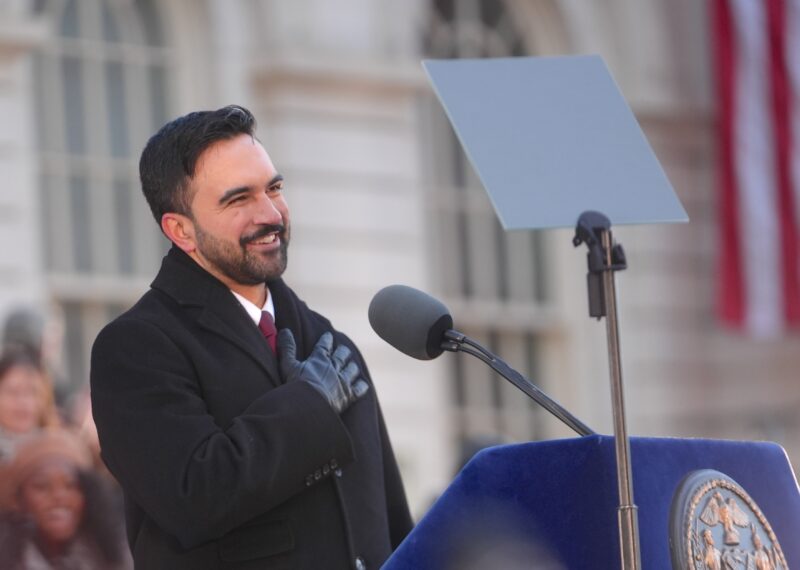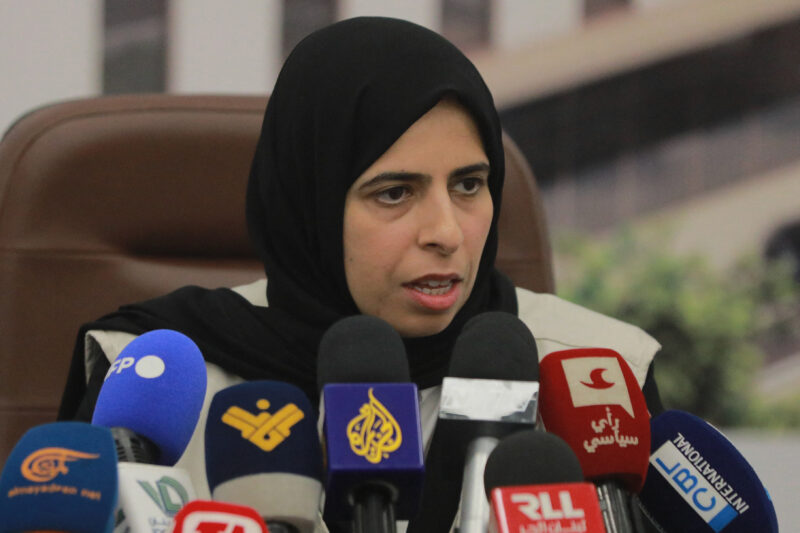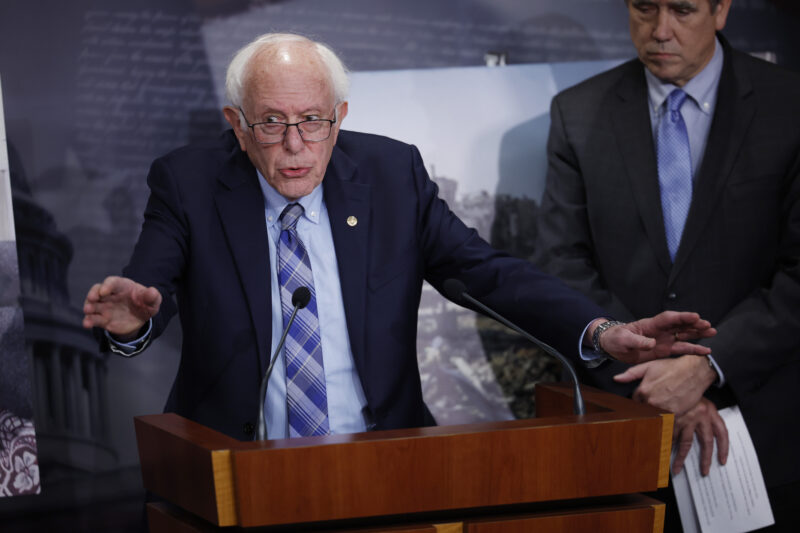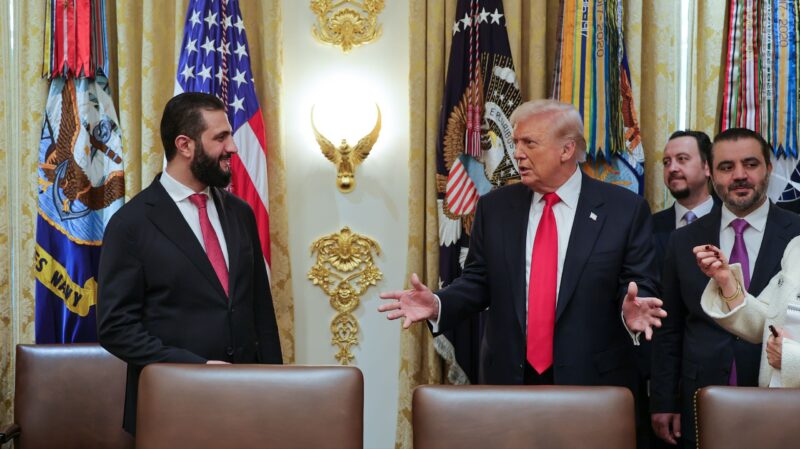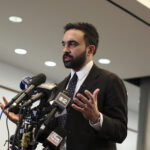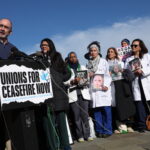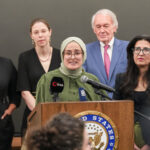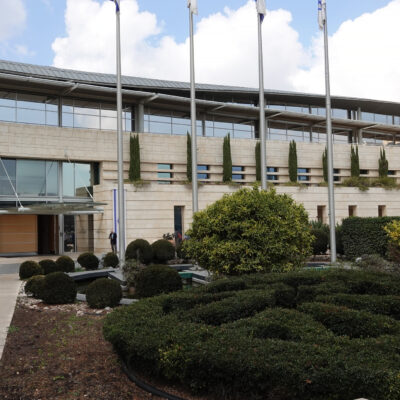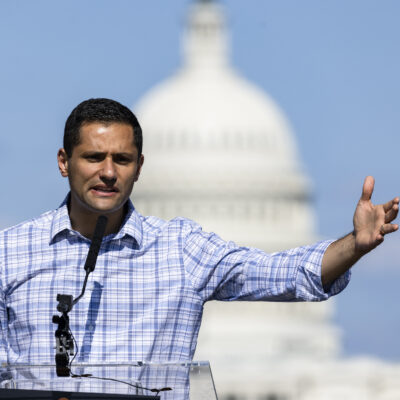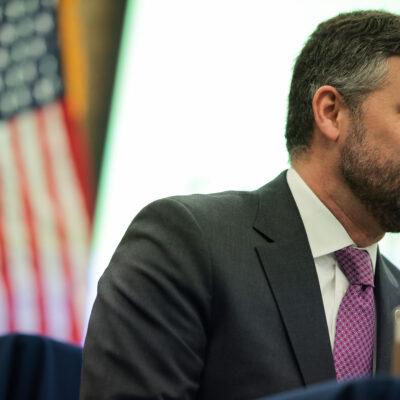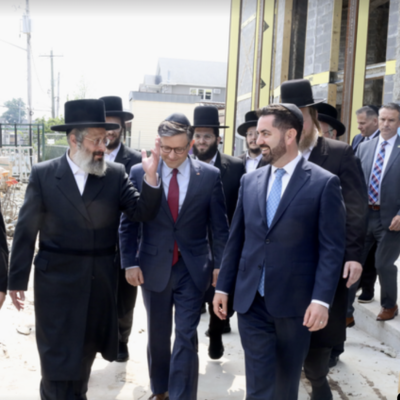Medical professionals meet with congressional offices to discuss antisemitism in their field
The delegation, which included doctors, psychologists and psychiatrists, social workers and medical school professors, met with 25 congressional offices

Getty Images
Around 40 medical professionals and other Jewish leaders from across the country came to Capitol Hill on Wednesday in a bid to bring awareness to increasing antisemitism in the medical field and ask lawmakers to take action.
The group, organized by the Jewish Federations of North America, spoke to lawmakers and congressional staff about their personal experiences and those of others in their networks of increasing antisemitism in the health-care field.
The delegation, which included doctors, psychologists and psychiatrists, social workers and medical school professors, met with 25 congressional offices. The group is hoping for a hearing on the subject, among other actions.
Danielle Gross, a therapist from Phoenix, said that she’s heard from two people in the Jewish community in Phoenix that they were dropped by their therapists when they wanted to talk about their feelings about the Oct. 7 attacks on Israel, part of a broader pattern of issues that has emerged in the counseling field since the attacks.
Michelle Stravitz, the CEO of the American Jewish Medical Association, a group formed after the Oct. 7 attacks out of a WhatsApp group of physicians discussing the explosion of antisemitism in the field, said the issues have been multifaceted — medical professionals, institutions and associations directing hatred toward Jewish physicians; physicians publicly expressing antisemitic views; medical students marginalizing their Jewish peers; medical school faculty mistreating Jewish students; and providers expressing threatening views about Jewish patients.
“We’re seeing it in all the relationships across many institutions, across many disciplines,” Stravitz said.
Gross said she came to the Hill to communicate to lawmakers “how prevalent antisemitism is and that it is occurring in the health-care field, and really just to bring light so there can be some sort of action and boundary that this is not acceptable.”
Gross said lawmakers and staff were “very receptive” but also “really shocked” about the issues, given that attention has centered on issues on campuses. She said she wants to see more discussion of the issue among lawmakers, including committee hearings and action in response.
Stravitz said the group also wants to see lawmakers hold medical institutions accountable, noting that hospitals and medical schools are ignoring complaints that have been filed.
Evan Bernstein, the vice president of community relations at JFNA, said that the meetings came about as a result of increasing concerns about the issue from leaders across the country.
“What we’re trying to do today is really raise awareness of an issue that’s starting to pick up more steam, unfortunately,” Bernstein said. “We want to do everything we can to try to get in front of this and let the U.S. government have some potentially federal oversight on this issue, which we think is an imperative.”
He described the meetings, to raise awareness, as “step one” in what JFNA hopes is a broader effort to address the issue.
Bernstein also said that the delegation — despite not being focused on Israel — had come under attack from anti-Israel activists online who attempted to disrupt the fly-in, unsuccessfully.














